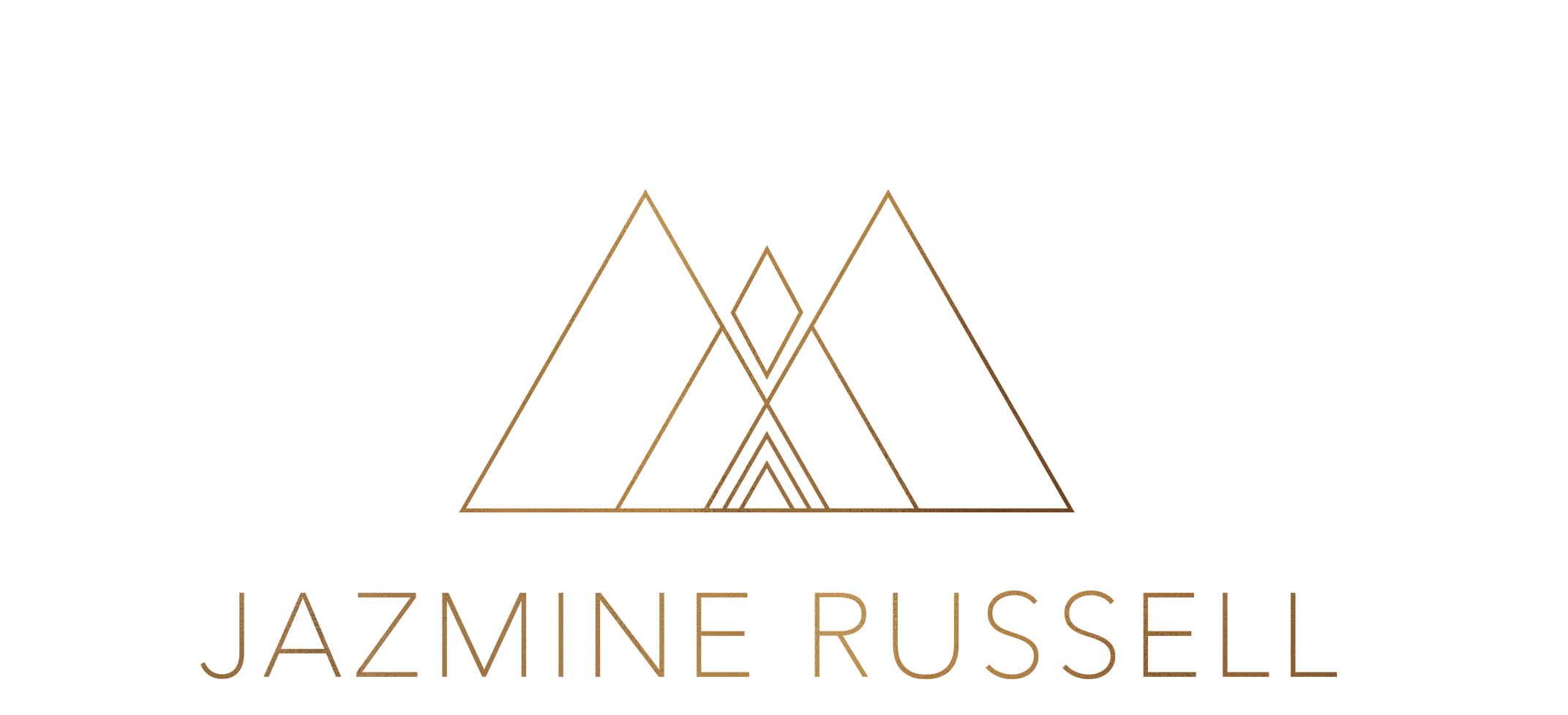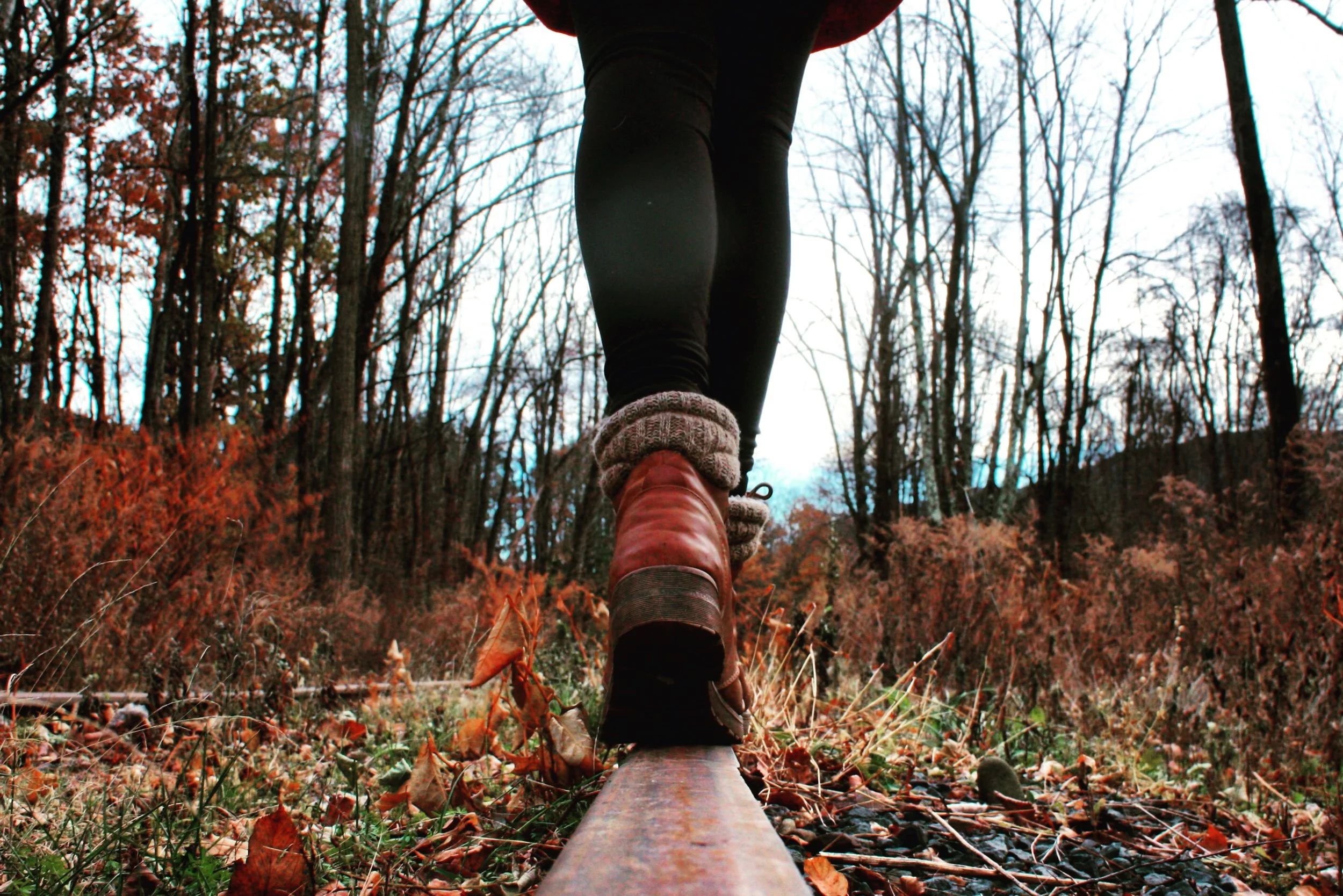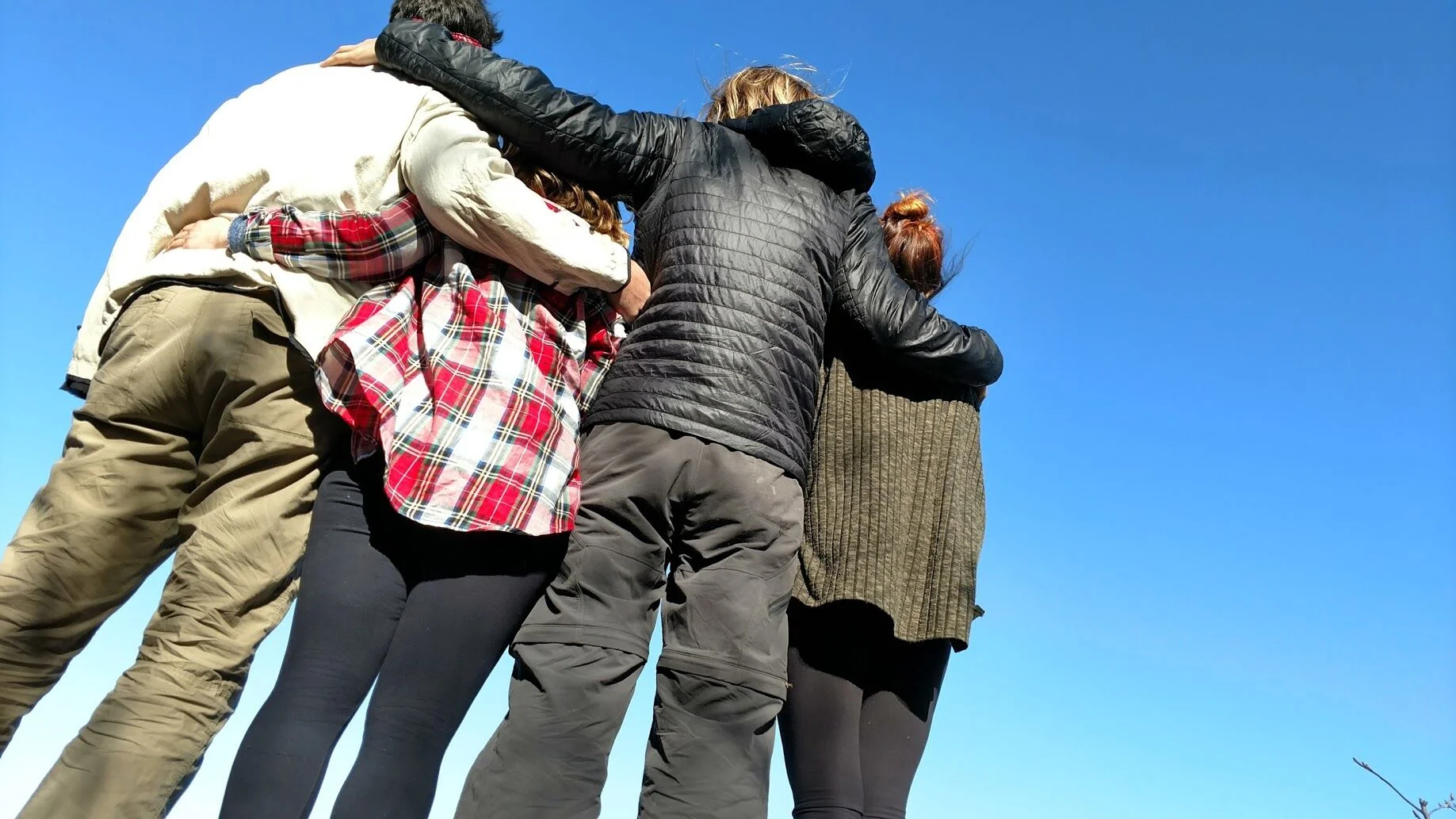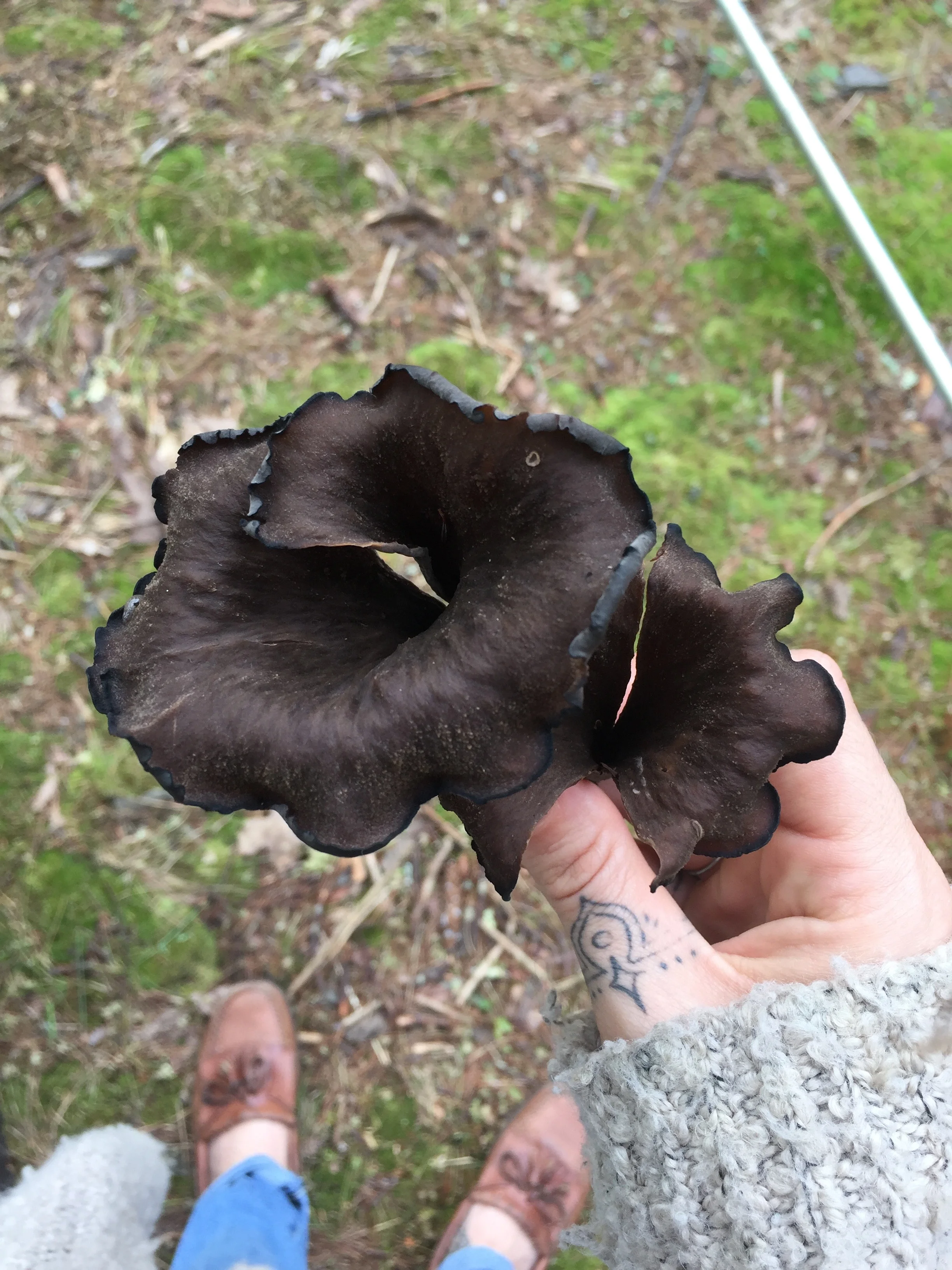
My Approach To Healing
You are a survivor…
Psychological research is beginning to catch up to an understanding that it’s not just war veterans and domestic violence survivors who have endured trauma. Most, if not all of us, at some point in our lives, have a painful experience that completely shifts the way we live and exist in the world. While some may experience “classic” trauma in the form of flashbacks and nightmares, trauma manifests in a multitude of ways: physical pain, somatic issues, depression, meaninglessness, anxiety, and most of what we consider mental illness has all been linked to traumatic experiences.
Trauma is not always one event or extreme situation. Trauma can be collective, related to the political/social climate, or intergenerational. It can be the result of discrimination, marginalization, poverty, loss, institutionalization, and so much more. When we begin to see all the ways in which the sometimes crazy world around us interacts with our individual beliefs and stories about who we are - we can develop immense compassion, strength, and a deeper awareness of who we are and where we are going..
We are spiritual beings…
Most of us connect to something larger than ourselves to make meaning out of the world around us. We all have different language for speaking about the profundity of experience. You may connect to a unifying energy, feel a deep sense of purpose, tune into the magic around you. You may feel expansive when you practice art, writing, ritual, prayer, sit in community, or find yourself in nature. In my opinion, spirituality (as defined by you) cannot be separated from mental health. Practices that make you feel whole need to be at the heart of mental health and wellbeing. A crucial part of finding those practices is developing intuitive capacity, knowing what feels right to you internally, and tuning into the world around you. Your being knows exactly what it needs to heal, the hard part is breaking down all of the junk that gets in the way.
Spiritual practice is perhaps most important during times of great distress and emotional crisis. Many people consider their biggest breakdowns, no matter how terrifying or traumatic, to be a deep spiritual experience. These moments can be huge opportunities for positive change if we allow them to be, because all that was keeping us stuck begins to crumble away. Most of us never learn how to break open. Have you ever heard the phrase “breakdowns lead to breakthroughs?” Well, I believe the breakdown IS the breakthrough, that to break is to heal. And if we are to further our healing, we have to get good at breaking open.
You are not crazy…
You are not “broken”, you are not “defective”, you are not “beyond repair”. I don’t care who told you that, but they’re wrong. In fact, healing cannot happen when we buy into the lie that there’s something wrong with us. Healing happens when we are willing to enter into a space of acceptance and non-judgement. This often runs counter to many clinical approaches that begin with assessment, diagnosis, and a predetermined framework that places people in the categories of “healthy or ill” and “normal or abnormal”. Having worked in the mental health system for awhile, I know this method doesn’t work for everyone. What does work? Recognizing that breaking is healing, that there’s immeasurable power in your suffering, which has the potential to propel you forward to who you need to be. I work to create spaces where people are actually allowed to break open, to uncover their stories, make meaning of their pain, and determine non-linear paths to wellness. If we start with the assumption that we all know how to heal if we learned to listen deeply, we’d realize that healing comes from within, not from someone else’s arbitrary set of guidelines. From this place we can look to our light and our darkness, our perceived strengths and weaknesses, our pain and our suffering from an attitude of curiosity, not condemnation - and we allow ourselves to grow.
Healing is embodied…
Not only trauma, but all pain, emotions, and feelings live inside the body. Working through emotional pain in the body is highly effective for making major shifts that can’t be done through talk-therapy alone. Feelings cannot be logic-ed away, they must be felt in order to be released, and they are felt through the body. Think about it: we feel grief as a heaviness in our hearts, anxiety as a tension in the chest or pit of the stomach. Yet, working with emotion through the body can be challenging especially for those of us who had to flee our bodies in order to survive abuse, developed highly active minds, or had to dissociate to tolerate pain. One of the most revolutionary shifts we can have is feeling what it’s like to live fully inside of ourselves. To inhabit the body is to stay rooted and connected to the deepest aspects of who we are and to find new ways of being in the world.
Trainings & Certifications
Certified Peer Specialist - NYCPS
Certified Realization Process Embodiment Practitioner, (Judith Blackstone, Ph.D)
Totality therapy training with Shakti Milan
Intuitive Plant Medicine training with Asia Sueler (One Willow Apothecaries)
Intuitive Development, Energy Medicine, and Holistic Wellness training with Veena Saraswatti
Certified Nutritional Consultant - expected Dec 2019 (Natural Healing Institute of Naturopathy)
Specialties
Reconceptualizing experiences often labeled as "psychosis" such as: hearing voices, seeing visions, sensing, or heightened intuition
Working with those seeking alternatives to the biomedical model and diagnosis
Deep spiritual work and exploring the intersection between mental health and spirituality
Histories of trauma and sexual abuse
Compassionate peer-to-peer dialogue
Integrating herbal and holistic modalities into daily life practices
“Jazmine is empowered and her work is empowering. ”
— REBECCA S.
Principles
1) Building Relationships
I believe that healing is rooted in building strong relationships in which both individuals have innate wisdom and knowledge to share. Healing relationships that act as strong support systems do not define one individual as the ‘healer’ and the other as ‘healed’, rather we must understand these relationships as reciprocal in nature. As a Peer Specialist, I’ve learned the power of disclosure, relating, and mutuality. When we show up to relationships as we are, we can each find power and responsibility for the path forward.
2) Challenging Systemic Oppression
Not only do we exist in relationship to one another, but also to the world around us. Mental and emotional wellbeing is a global issue with roots that go far beyond individual behavior and brain chemistry. To understand mental and emotional health in context, we must strive to understand the ways in which we are impacted by our environment, by social inequity, by discrimination such as racism, sexism, homophobia, and structural oppressions such as institutionalization, poverty, and homelessness. To challenge these power asymmetries, we must understand holistic health issues as a valid response to systems that do not work for all of us.
3) Holism & Multiplicity
We are each multidimensional and thus need a diverse set of tools to support our wellbeing. I believe all health issues have a physical, emotional, and energetic/spiritual dimension to them - the mind, body, and spirit being deeply interrelated. To practice whole healing, we must uncover and find tools to address each layer. I believe in looking to multiple roots of our challenges, holding complexity and nuance, always moving beyond a single answer and reductionist ‘cause and effect’ thinking. I believe health exists in a continuum and that health is not the mere absence of pain, but an ability to thrive and experience true joy and bliss.
4) Healing is Generative
I believe that the process of healing is generative, meaning it has the potential to lead to immense growth, meaning, and joy. Healing is often a messy, non-linear and deeply creative process. Many people experience new gifts, skills, power, perspective, and ways of relating to oneself and the world after going through deeply painful or traumatic experiences. My goal is to assist people in honing these gifts and finding their greatest possible potential in each moment.
Inspired by the following articles: Intentional Peer Support as Social Change by Shery Mead and the Principles of Holistic Medicine by the American Holistic Health Association.
If you feel deep inside your gut that you're ready for this, don't hesitate to reach out.
CANCELLATION & PAYMENT POLICY
Payment is due at time of appointment. Refunds are accepted only if requested 48 hours prior to initial session. To cancel appointments, please call, email, or text at least 48 hours prior to your scheduled appointment time. All appointments missed or not cancelled within this time frame will be charged in full. Sliding scale rates and payment plans are offered on an individual basis. Please do not hesitate to contact me and inquire.
For full terms and conditions please click here.












